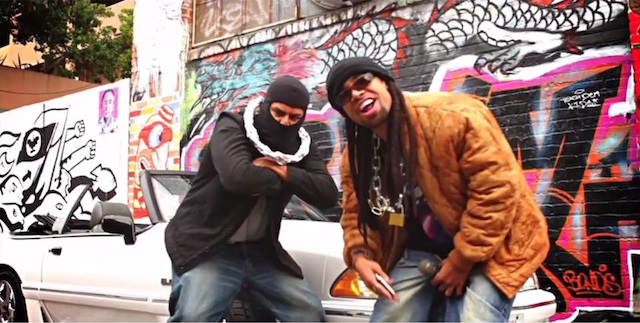
Joe Truss is Assistant Principal of San Francisco’s Academy of Arts and Sciences, a small public high school. He’s known as The School Principal Who Raps, and when we heard about his efforts to engage and inspire students through hip hop, we reached out to find out more. He is a hip hop artist himself, and he creates music with a positive message that provides a counterpoint to stereotypical rap music. Check out the latest video from Joe’s group, Some of All Parts, and our interview with him below.
KQED Education: How have you used music and media to engage your students?
Joe Truss: During past years of teaching, I have used it to teach literary devices and concepts in my Spanish class. I would always play songs to open class up, create background music, and just discuss issues. I also have had a rapping elective, where we would make a list of random words, have 20 minutes to write as much as possible, and have to perform it for the class. We also made a song for Black History month and performed it at a school assembly. This year, I am working with the afterschool program to create a hip hop club. The goal is to create a short album and have a showcase at the end of the year.
KQED Education: How do you think art and music have the power to raise grade and reduce discipline disproportionality?